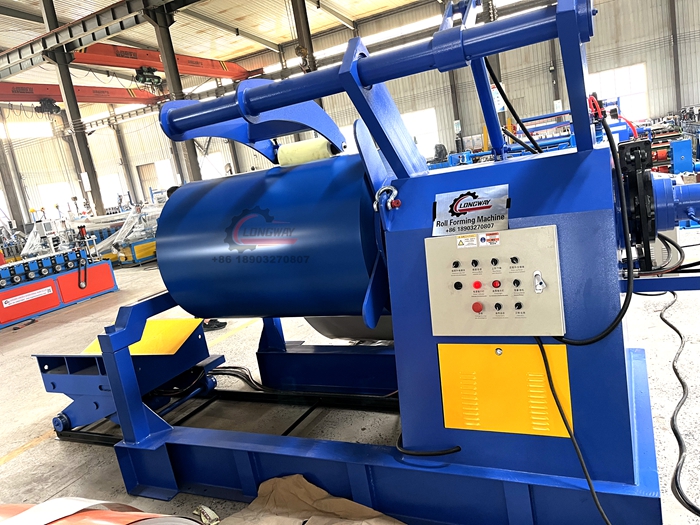Advanced Technology for Efficient Fence Panel Production and High-Quality Manufacturing Solutions
The Evolution and Importance of Fence Panel Machines
In recent years, the demand for high-quality fencing has surged, driven by both residential and commercial projects. At the heart of efficient fencing production lies the fence panel machine, a sophisticated piece of equipment designed to streamline the manufacturing of various types of fence panels. These machines are pivotal for manufacturers seeking to meet rising demands while maintaining quality and reducing labor costs.
What is a Fence Panel Machine?
A fence panel machine is a specialized piece of machinery that automates the process of producing fence panels from raw materials. These machines can handle different types of fencing, including wooden, vinyl, and metal panels. They typically consist of multiple components, including cutting equipment, assembling units, and finishing tools, that work together to manufacture panels that meet specific design and quality standards.
One of the significant advantages of using a fence panel machine is the efficiency it brings to the production line. Automated processes minimize manual labor, which not only reduces the potential for human error but also accelerates the overall production time. This is particularly vital in an industry where time is money; faster production means that manufacturers can fulfill orders more quickly, improving customer satisfaction and competitiveness.
Types of Fence Panel Machines
Several types of fence panel machines are available, each designed for specific applications and materials. Some of the most common types include
1. Wooden Fence Panel Machines These machines typically feature cutting saws, nail guns, and assembly jigs. They can efficiently produce a range of wooden panels, from traditional picket fences to contemporary slatted designs.
2. Vinyl Fence Panel Machines Vinyl fence machines are designed to extrude PVC or vinyl into panels of various shapes and sizes. These machines usually involve a process of heating and molding the material, resulting in a durable and weather-resistant product.
fence panel machine

3. Metal Fence Panel Machines These machines work with aluminum, steel, and other metals to create strong, long-lasting fence panels. Often, they incorporate welding units and powder coating systems to enhance the finish and durability of the panels.
Benefits of Using Fence Panel Machines
1. Quality Assurance Automated production lines ensure that each panel is made to exact specifications, resulting in consistent quality across large volumes of product. This boosts the overall reputation of the manufacturer and reduces waste due to defective units.
2. Cost-Effectiveness By investing in a fence panel machine, manufacturers can significantly reduce their labor costs. Automation allows fewer workers to produce more panels in less time, leading to higher profit margins.
3. Versatility Modern fence panel machines offer flexibility, enabling manufacturers to switch between materials and styles with relative ease. This adaptability is essential in meeting the diverse preferences of consumers and responding to market trends.
4. Sustainability Many advanced fence panel machines are designed to be more environmentally friendly, minimizing waste and energy consumption. The ability to produce panels using recycled materials is also becoming more prevalent, aligning production practices with sustainability goals.
Conclusion
The fence panel machine is a crucial investment for manufacturers in today's competitive market. By improving efficiency, quality, and sustainability, these machines not only facilitate the production of diverse fence panel types but also help manufacturers respond to consumer demands effectively. As technology continues to evolve, the future of fencing production appears brighter than ever, with innovations poised to enhance performance and sustainability across the industry.
-
Roof Panel Machines: Buying Guide, Types, and PricingNewsJul.04, 2025
-
Purlin Machines: Types, Features, and Pricing GuideNewsJul.04, 2025
-
Metal Embossing Machines: Types, Applications, and Buying GuideNewsJul.04, 2025
-
Gutter Machines: Features, Types, and Cost BreakdownNewsJul.04, 2025
-
Cut to Length Line: Overview, Equipment, and Buying GuideNewsJul.04, 2025
-
Auto Stacker: Features, Applications, and Cost BreakdownNewsJul.04, 2025
-
Top Drywall Profile Machine Models for SaleNewsJun.05, 2025








